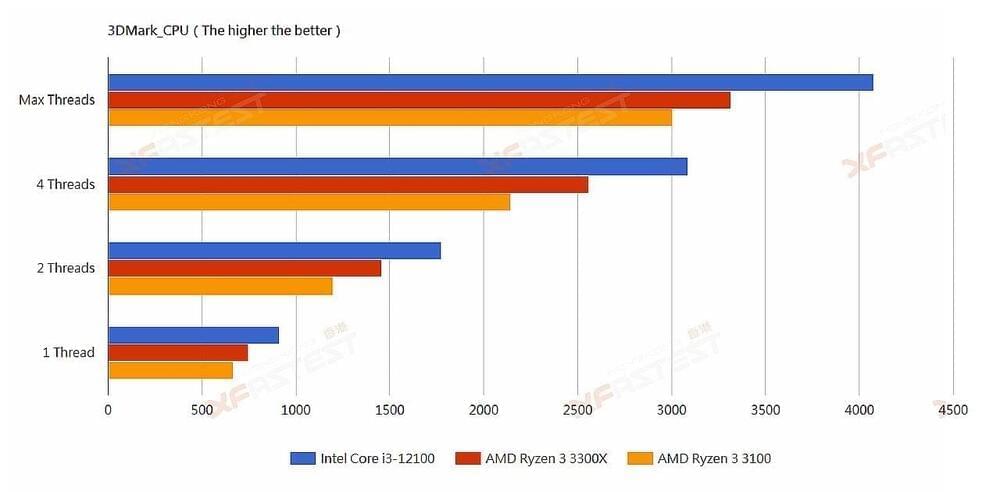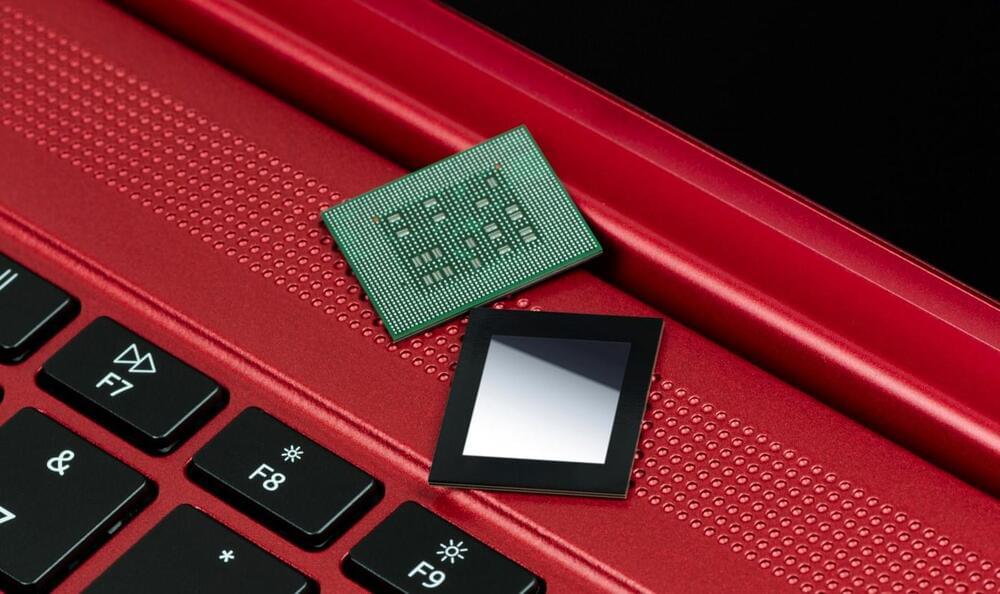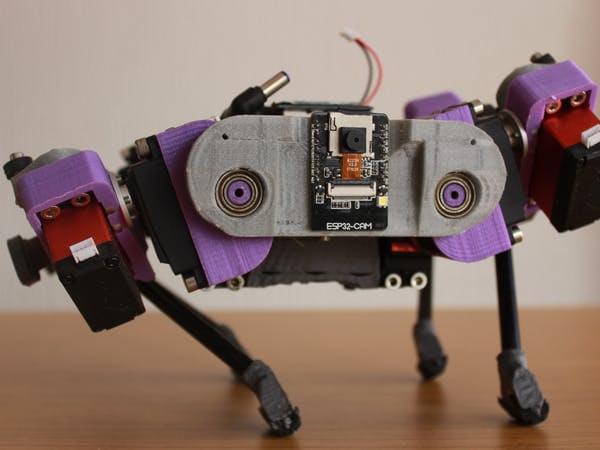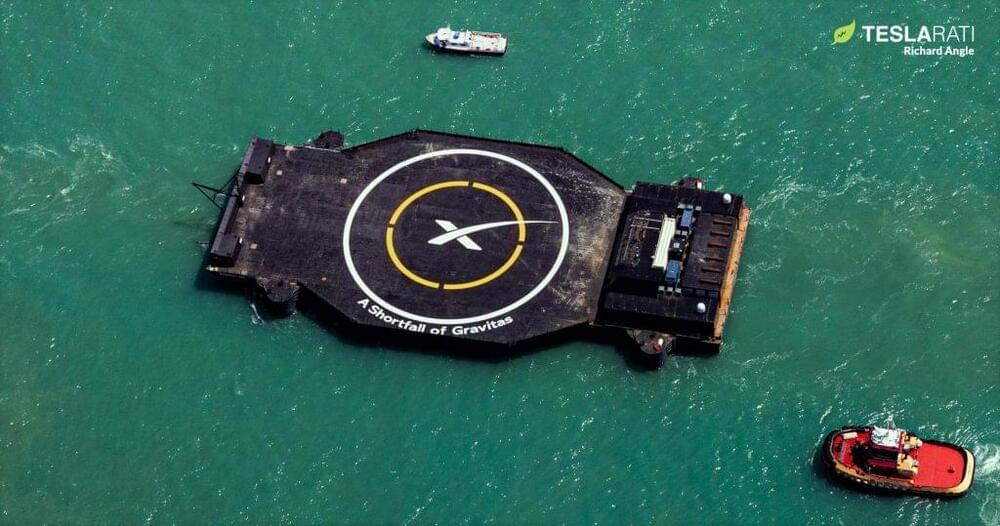No such fully realised metaverse yet exists but that has not stopped US tech companies from falling over themselves in recent months to announce their own forays into the space. The flurry of interest has shown few signs of abating and Asia is not immune to the trend, as around the world investors and companies scramble to latch onto what many see as the next big thing.
Investors and companies are scrambling to carve out a piece of an internet revolution that promises to forever change how people interact online – but some question whether Big Tech should be allowed to dominate its development.







